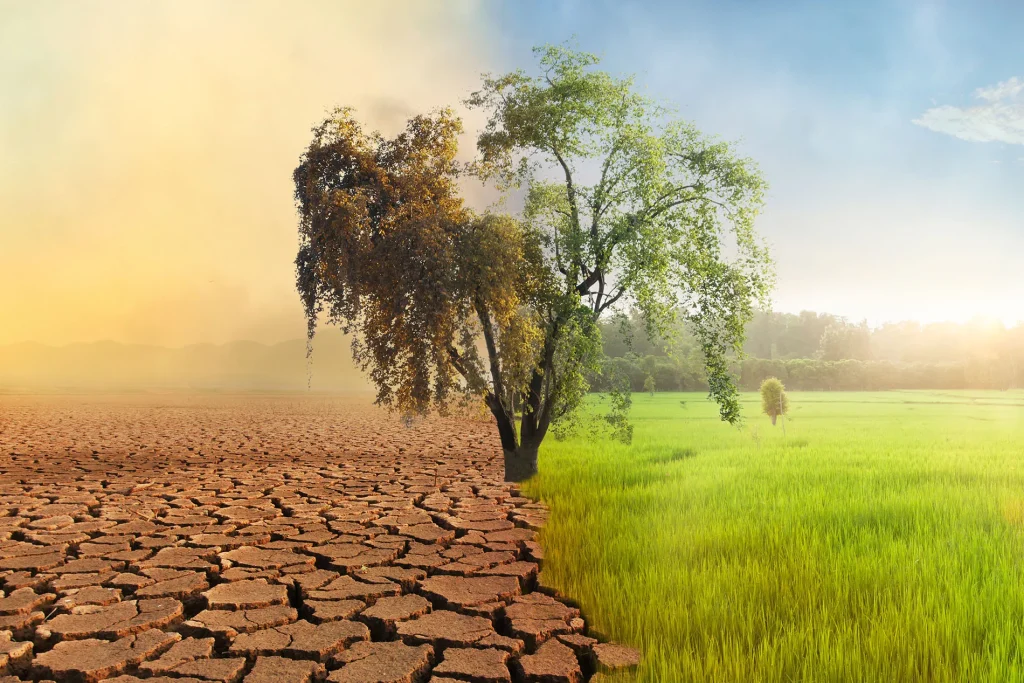The International Court of Justice (ICJ) has ruled that states are legally obliged to address climate change, declaring that inaction constitutes a “wrongful act” that could lead to demands for reparations. While the advisory opinion issued on Wednesday is not legally binding, it is considered highly influential and could reshape the landscape of climate litigation and global environmental accountability.
The UN’s top court, based in The Hague, was asked to clarify the legal responsibilities of nations in protecting the environment for current and future generations. The opinion follows growing pressure from vulnerable nations, particularly small island states, who are disproportionately affected by global warming.
Delivering the ruling, ICJ President Yuji Iwasawa stated that climate change represents an “urgent and existential threat.” He affirmed that countries failing to meet their environmental obligations under international law could be found to have committed wrongful acts. In such cases, those harmed could be entitled to “full reparations”—potentially including restitution, compensation, or satisfaction—if a clear and direct link between the harm and the state’s failure can be established.
The court’s opinion also highlighted the intergenerational aspect of climate protection, asserting that environmental preservation must serve both present and future generations. The judges acknowledged that the impact of climate change can significantly infringe upon human rights, including the right to life.

Legal scholars and activists hailed the decision as potentially the most significant in a growing wave of climate-related rulings. The full advisory opinion, which involved tens of thousands of pages of submissions from over 100 countries and organisations, is the most extensive case the ICJ has ever considered.
Outside the ICJ’s headquarters, demonstrators gathered with banners calling for urgent climate action. Many campaigners view courts as the final resort in the fight against climate change, as international commitments like the Paris Agreement have been criticised for lacking the pace and enforcement necessary to prevent environmental catastrophe.
The request for the ICJ’s opinion was championed by Vanuatu and driven by youth activists from climate-threatened Pacific Island nations. Their campaign, years in the making, culminated in global attention and a landmark advisory from the world’s highest court. Vanuatu’s Climate Change Minister, Ralph Regenvanu, described the decision as potentially transformative, saying it could help “shift the narrative” of climate responsibility.
In December, the ICJ held an extraordinary hearing attended by over 100 states and organisations. Many representatives from smaller island nations presented heartfelt statements while dressed in traditional clothing, contrasting with the more formal arguments made by wealthier nations. These developed countries, including the United States and India, maintained that existing UN climate frameworks were sufficient and warned against redefining state obligations through legal opinion.
However, the less-developed nations countered that the UN Framework Convention on Climate Change (UNFCCC) has proven inadequate in curbing climate threats and called on the ICJ to offer a more robust interpretation. Their demands included a formal commitment to phasing out fossil fuels, reparations for environmental damage, and recognition of the harm caused by historical emissions.
Experts believe the ICJ’s opinion will reverberate through national legal systems, influence future climate negotiations, and strengthen calls for justice from communities most affected by climate breakdown.


 Trending
Trending 
